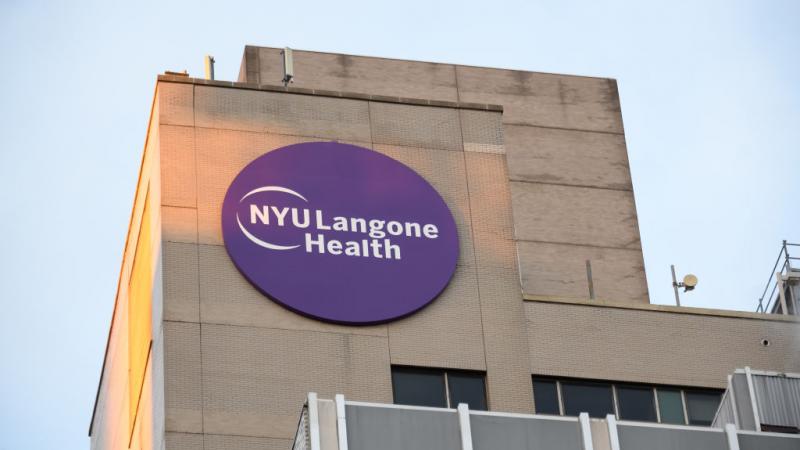Feinstein's illness was worse than she previously admitted
The outlet highlighted images of her return to the Senate, saying the spectacle "laid bare a bleak reality known to virtually everyone who has come into contact with her in recent days."
California Democratic Sen. Dianne Feinstein developed encephalitis as a result of her initial contraction of shingles that led to her hospitalization and protracted absence from the Senate.
The lawmaker has attracted considerable calls for her resignation stemming from absence but she returned to the upper chamber last week, after missing 91 floor votes.
Feinstein entered the hospital with shingles earlier this year, though the development of encephalitis went undisclosed until the New York Times reported on it. A spokesperson later confirmed that Feinstein had developed the disease.
The outlet highlighted images of her return to the Senate, saying the spectacle "laid bare a bleak reality known to virtually everyone who has come into contact with her in recent days."
"She was far from ready to return to work when she did, and she is now struggling to function in a job that demands long days, near-constant engagement on an array of crucial policy issues and high-stakes decision-making," the outlet concluded.
Feinstein herself on Thursday denied having encephalitis, telling CNN it "really has never been diagnosed... It was a really bad flu. I’m doing better, thank you."
The California lawmaker's team provided a statement to multiple outlets from Feinstein, in which she indicated "I’m back in Washington, voting and attending committee meetings while I recover from complications related to a shingles diagnosis. I continue to work and get results for California."
Feinstein has vowed to retire at the end of her term, but has resisted calls to resign.
Ben Whedon is an editor and reporter for Just the News. Follow him on Twitter.
















